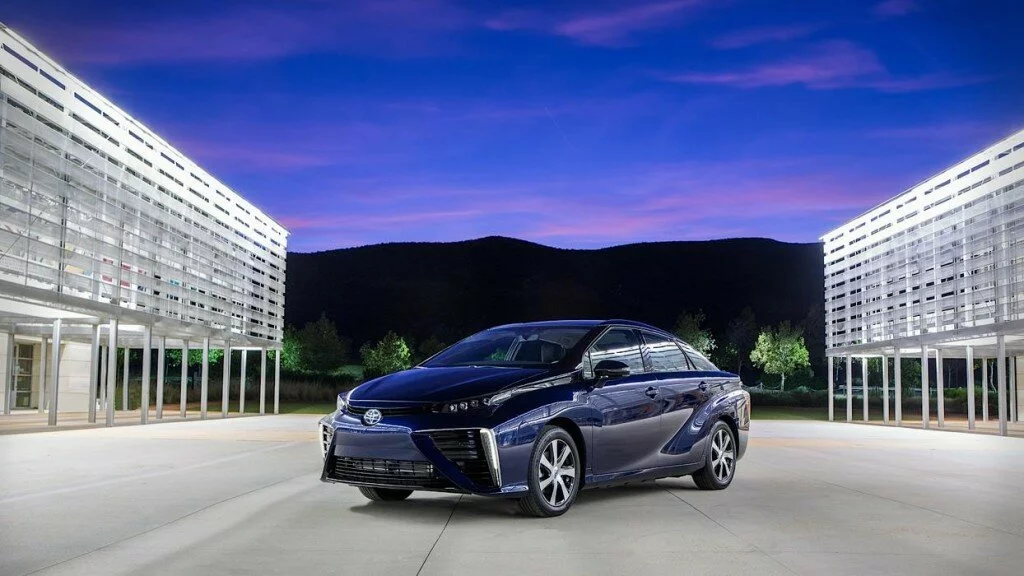Toyota has conquered the eco-friendly vehicle market, visible on the ace development of Camry and Prius hybrids. The latest promising eco-car theory is hydrogen fuel cell technology and the whole world is aware of the creation of Mirai hydrogen fuel cell sedan. The company firmly believes in the power of the technology and has invested a vast sum of $165 million for the manufacture of Mirai.

Toyota Mirai hydrogen fuel cell
The construction of Mirai is happening the established parent unit, and the vast sum of $156 million which 20 billion yen is triggered by the awareness and demand of the public and corporate sector. It is a full-fledged development and Toyota aims to increase the number of hydrogen and fuel cell tanks manufactured at the headquartered unit in Aichi Prefecture.
Toyota’s aim at the moment is to develop a vast scale of hydrogen fuel cell stacks to drive mass sale of Mirai, and to achieve the desired outcome. Majority of the orders are coming from public and corporate sectors, and the demand from customers is significantly lesser. The Japanese government has allotted over $20,000 worth of resources to promote hydrogen fuel cell vehicles.
Mirai is a relatively new project and the demand for it is pretty enormous, Toyota had earlier planned to sell the car in limited numbers, despite the increased request, the company will continue to sell 400 units in Japan by the end phase of 2015, and the desired growth in Europe is between 50 and 100 cars before the end of 2016. The concept of hydrogen fuel cell systems may sound innovative and practical, but the major task lies in the development of hydrogen fuel station, and the company eyes California to be an attractive destination to build hydrogen fuel cell stations. Toyota is eyeing California to be a hub for gigantic Mirai sales, and by the end of 2017 it hopes to roll out 3,000 vehicles.
The whole world is familiar with the impact of eco-friendly vehicles, but its presence on the road is not yet on par with conventional fuels. The concept of hydrogen fuel cell vehicles sounds simple and practical and it can be referred to as zero emission vehicle, there is yet a significant factor that needs to be thought of, which is the construction of hydrogen fuel cell stations. Hybrid vehicles are on the move, and electric charge stations are established, but with hydrogen fuel cell vehicles it is a magnificent task at hand.
It will be interesting to view, how fuel cell vehicles develop in the near future, and the inspiration lies in the power of hydrogen gas stations. Also acquiring hydrogen gas and storing it in fuel cell stacks is a major task. Analyzing the development of Mirai it is evident that Toyota is banking on efficient hydrogen fuel station construction in California, and just few years from now, we can actually experience the drive rhythm of hydrogen fuel cell vehicles.
The debatable topics about hydrogen fuel cell vehicle is, whether it can actually emit zero pure water through tail pipes, and the sustainability of hydrogen fuel during lengthy drives.
Tagged: Toyota Mirai



Leave a Reply